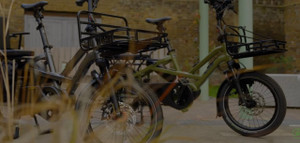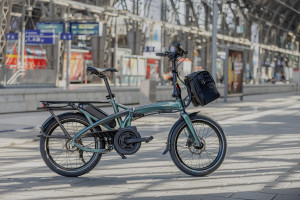eBikes, Bicycles, Infrastructure, and Pedestrians
There’s a place for all of us, and they’re all the same places.
Active Travel has become a term across the UK describing the mixture of forms of transport that don’t always use our road networks: cycling, walking, running, and others*.
Regularly, eBikes are featured in the press as a problem rather than as one solution suitable for many people who may drive cars from habit, perceive the car as a convenience, are unfamiliar with viable options, or just don’t want to change their habit.
For balance, this recent BBC article represents, what we consider to be a very uneducated and biased opinion while long-form journalism such as this gets little subsequent attention. It is probable that the BBC, despite its mandate to present balance, will not publish complaints such as this, from the Bicycle Association, in the wake of independently produced content.
Complaints about cyclists are legion down the ages: Saturday morning pelotons taking up a road lane width on weekend mornings, kids riding on pavements, couriers ignoring red traffic lights, etc. Now we can add speed into the mix.
We won’t dwell on the fact that every car produced since speed limits were introduced has been able to break speed limits – and do regularly. It’s why speed limits were devised. We won’t dwell on the affordability distance between your third-hand commuter and a premium marque. We won’t dwell on Adrian Chiles rocking up to an eBike test ride on a 100mph+ motorcycle. What we will look at are some of the issues that aren’t discussed in the BBC programme and which might benefit from a rational inspection.
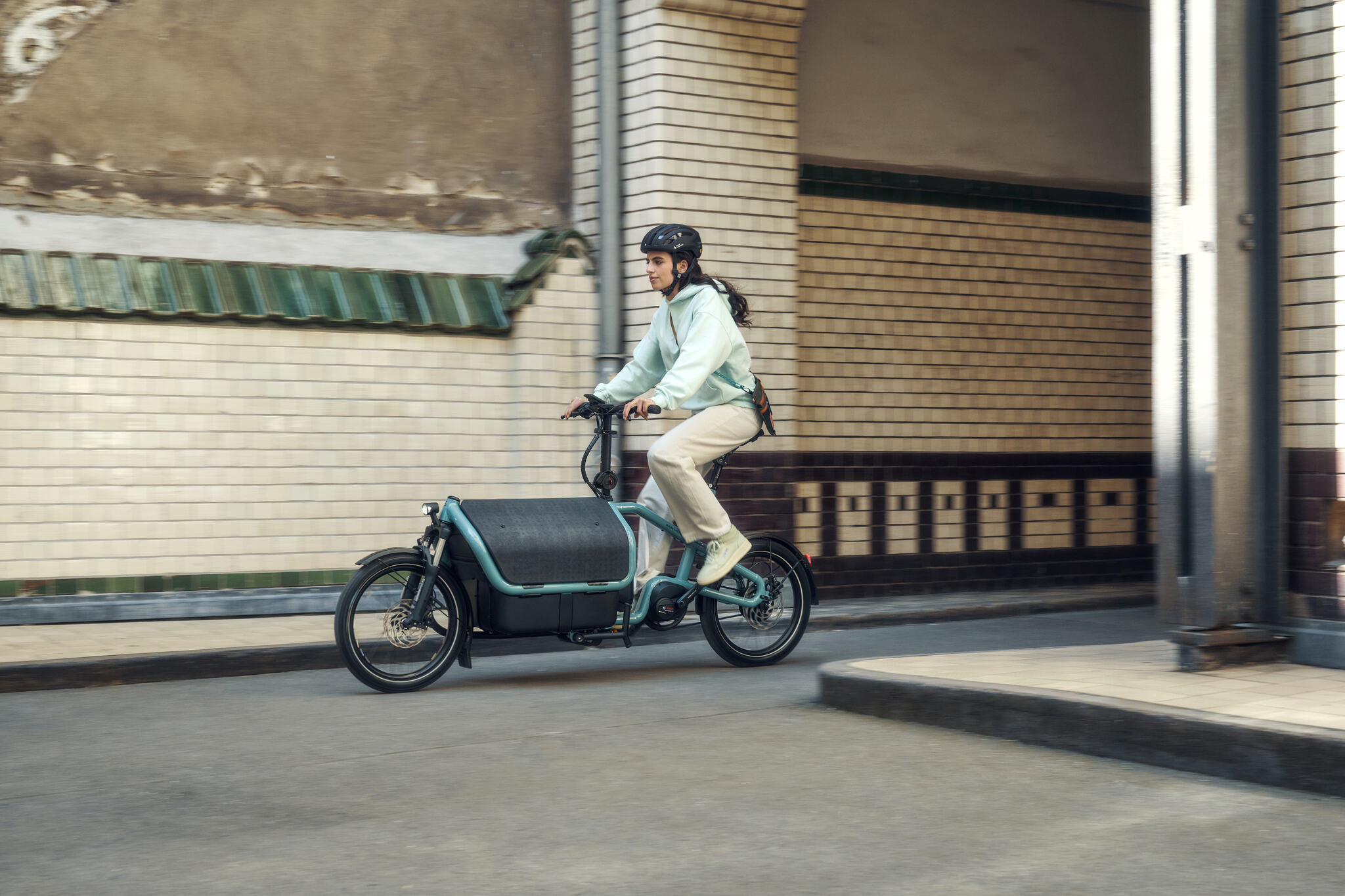
Environment, Sustainability, and Multi-Modal Travel
The world is running out of dinosaurs to burn (petrol and diesel); not today or tomorrow, but the race is on to reduce the use of internal combustion engines (ICEs). Current trends are to subsidise the manufacture and sale of electric vehicles (EVs) and to promote active travel and mass-transit solutions where they can be applied.
Furthermore, using alternatives to ICEs reduces polluting emissions and improves air quality. This is a targeted reduction imposed on all UK local authorities, which explains why they are all engaged in various projects to raise the awareness of car alternatives today.
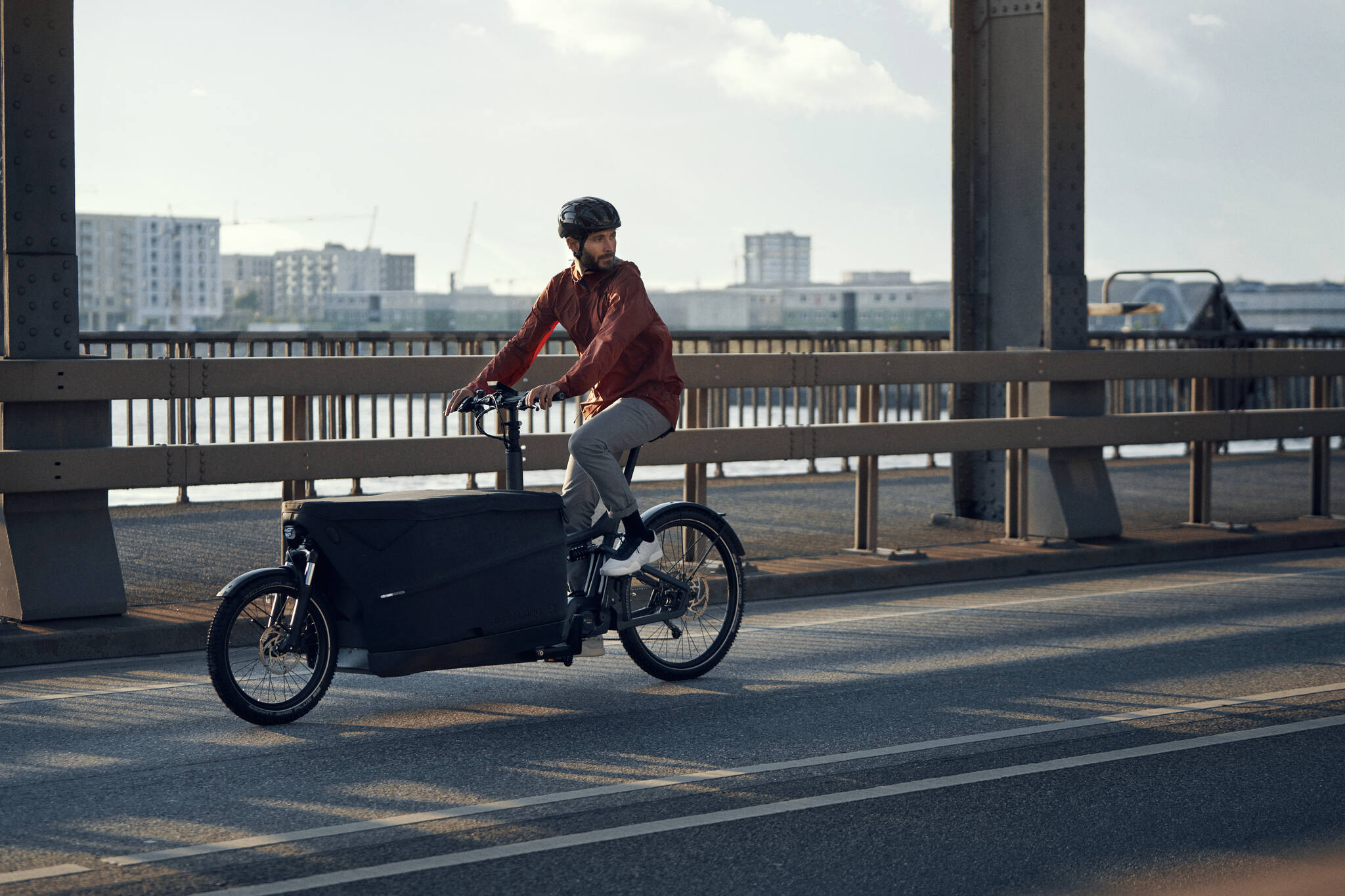
Why Us?
We are in the business of promoting one small part of this transport mix – electric bicycles – and don’t apologise for doing so. It’s worth noting that as well as riding eBikes, we also ride non-powered bikes, pay road fund licence fees for the cars and vans we drive, pay tax on fuel, and pay public transport prices when we use those forms of transport too. This style of behaviour is an emerging trend in the UK and recognises that eBikes are not the single travel solution for everyone, in the same way that cars don’t need to be.
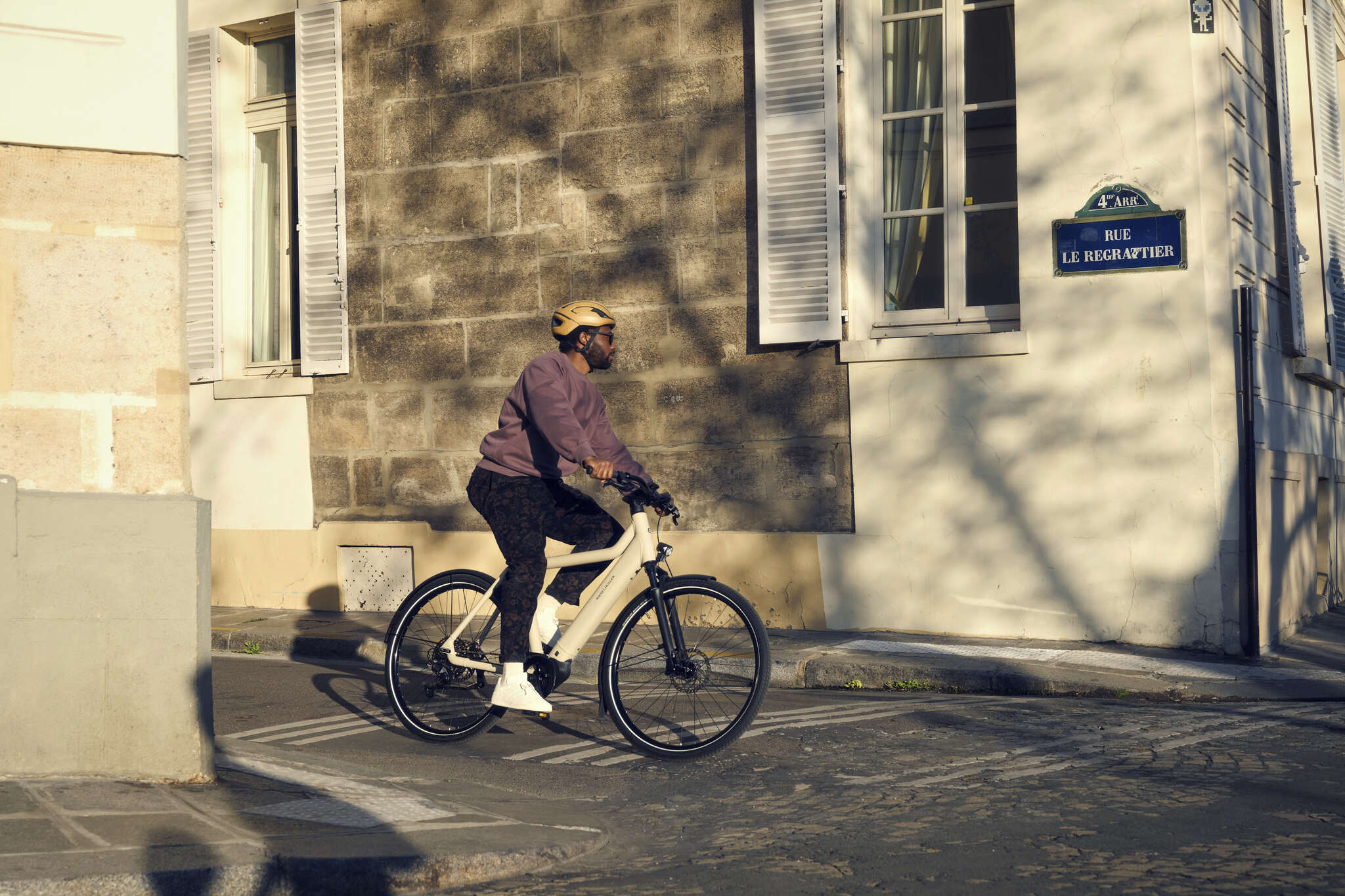
Why Leave the Car at Home?
Multi-modal travel hasn’t really taken off in the UK yet for most people, unless you use a bus and a train, or are encouraged to use a Park & Ride bus service; but things are changing gradually.
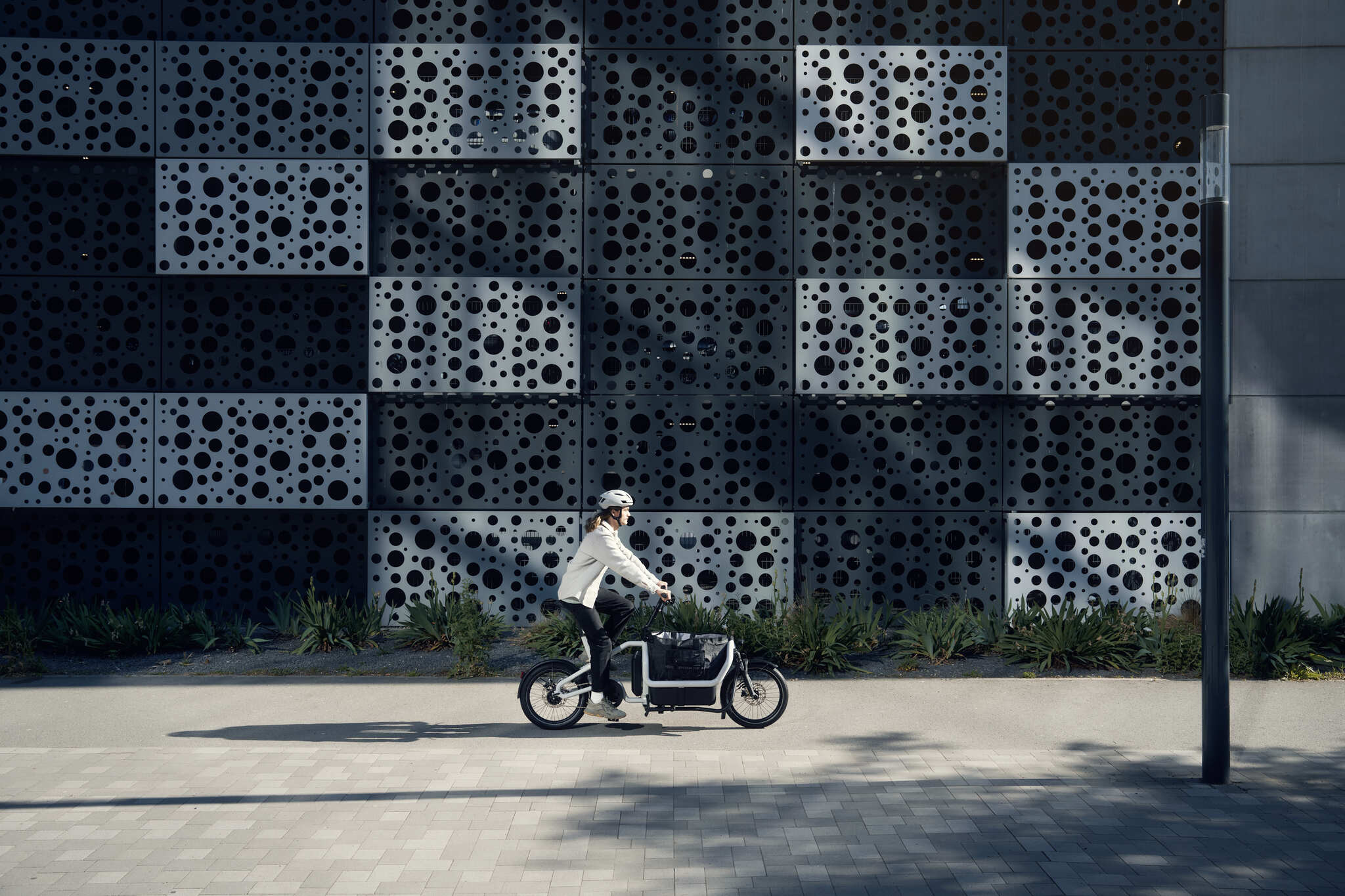
Infrastructure
It’s a regular complaint that cyclists need safe and segregated infrastructure before they will ride a bike on a journey they’d do in a car otherwise.
Let’s start with some caveats: bikes do not replace car journeys in every case. My journey to work by car takes between 15 and 25 minutes depending on traffic. When I ride my eBike to work, it takes 20-25 minutes depending on how I feel that day, not on traffic conditions. However, I wouldn’t try to use my bike to travel 20 miles or more regularly without knowing I had the time to enjoy it – but some people choose to.
My riding is generally done between towns. It’s easy to be put off riding a bike down a 60mph road, and this is where drivers’ mindsets need work. Most active travel promotion focuses on urban riding. When car drivers envisage their journeys, they can, most often, only imagine the roads they drive. This is usually the shortest and fastest distance between two points on the map, and they have been conditioned to take that route through years of habit-forming.
Cyclists do it differently. We think about how we can cut through lanes, housing estates, parks, and pathways. We may not follow the school-run queue, but we’ll get there in a similar amount of time and stop right outside the door. There’s an adage that says most people would prefer to be wrong together than right by themselves. This is a sweeping generalisation and, if you are bike-averse, you will come up with your own reason for not leaving the car at home. That’s your choice, but don’t listen to Adrian Chiles until you’ve tried it, or at the very least, considered it.
By the way, back to infrastructure - it exists but not everywhere. In some places, segregated cycle paths are provided. In lots of places, they aren’t. I’m afraid, if you don’t live in a town or city, there’s a good chance the roads you travel will be shared between all forms of transport. There are two responses to this:
- Build it and they will come is a dream and for the birds. Ride the route, be seen doing it regularly and your local cycle groups and council will have a reason to lobby and build that bike lane.
- There’s more infrastructure than maybe you know about. Just because you can’t see it from the car doesn’t mean that green lanes and Sustrans routes aren’t just over the hedge.
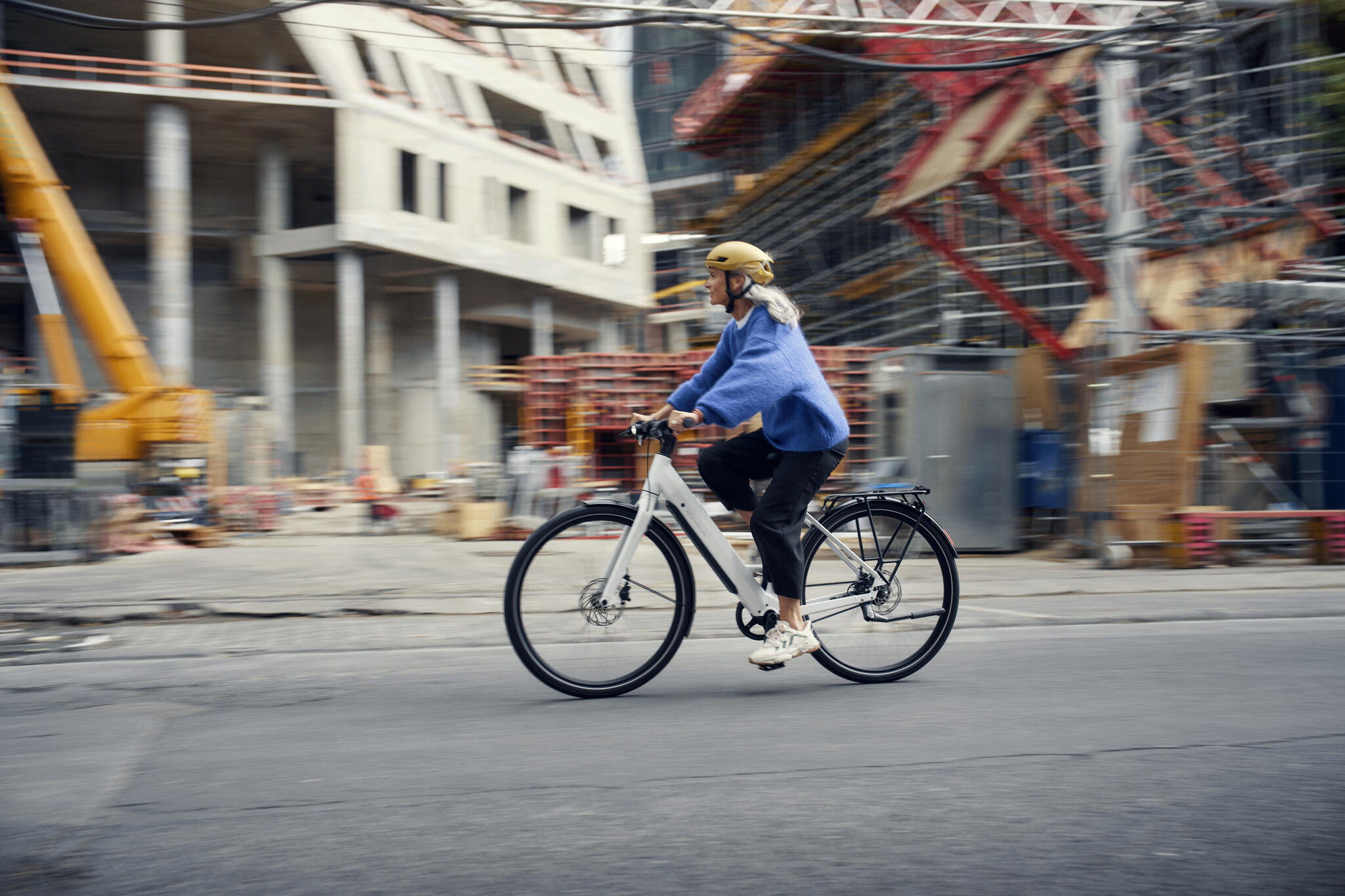
eBikes
There are two types: legal and illegal.
Most of what Britespark Films and Adrian Chiles presented via BBC’s Panorama were illegal eBikes, otherwise known in the trade as mopeds.
Whether an illegal 30mph eBike, ridden with a throttle, can crash a red light any better than an analogue cyclist is academic. The real story here is that some people choose to ride bikes that are not bicycles in the eyes of the law. It’s actually pretty hard to drive an illegal car, by comparison, because we all know what the rules are. As long as your tyres have tread and it’s not too noisy or smelly, we can tell a legal car over an illegal one by looking at it.
For eBikes, the situation is not so clear to some people. Let’s not forget the lessening furore over eScooters. These too are largely illegal on roads and pavements, but people still use them. What’s stopping them? Well, frankly, not much. Law enforcement has begun to tackle both problems but, like so many illegal supply routes, supply and demand easily outweigh policing.
Lots and lots of illegal eBikes have come into the UK via online marketplaces. eBay has recently stopped selling eBikes by individual sellers, but this is just one outlet. Anyone who wants an illegal eBike that can travel at 30mph+ can buy one on the internet and have it delivered to their home. We get calls daily from people looking for someone to repair their crappy Chinese-made eBike because their motor/charger/throttle/sensor/whatever has packed up.
My advice: don’t touch it. If your brand of bike doesn’t have a UK dealer network where you can take your bike and get it fixed, for the sake of your long-term investment, steer clear of it. You may not pay a lot to buy the thing, but you’ll suffer in the long run.
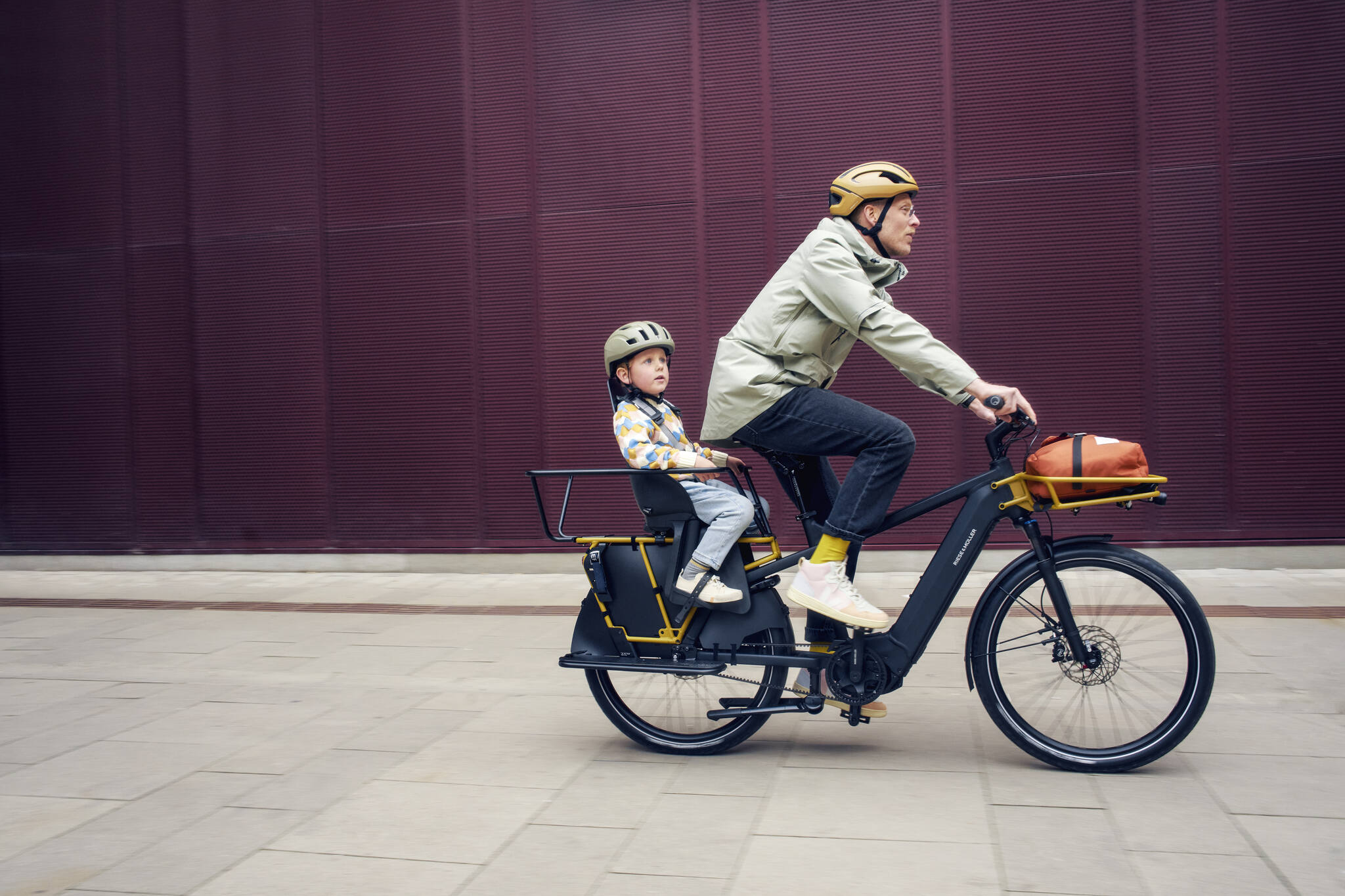
Summary
This blog strays away from the point BBC Panorama, Britespark, and Adrian Chiles made. We strongly believe that the programme is misleading, focuses on a sub-cultural use of an illegal vehicle type, and does not represent the mainstream use of permitted and legal eBikes.
In effect, Panorama presented, in our opinion, a clickbait piece designed to pull viewers into a fight few people are aware of.
The mentioned issues that people do discuss, like shared-use space, speed in pedestrian areas, etc., are not the fault of any bike. That illegal bikes are available is a problem that should be dealt with at source; we agree. That people choose to ride bikes inconsiderately is not the same issue but one in need of education and enforcement. For all eBikes to be tarred with the same brush is a demonstration of ignorance, petty bias, and irresponsibility.
To learn more, visit www.fullychargedsilverstone. To book a conversation or meeting, please click here.
*Others refers to vehicles that don’t easily fit into a recognisable category. These would include powered skateboards, Segway Ninebots, etc.



